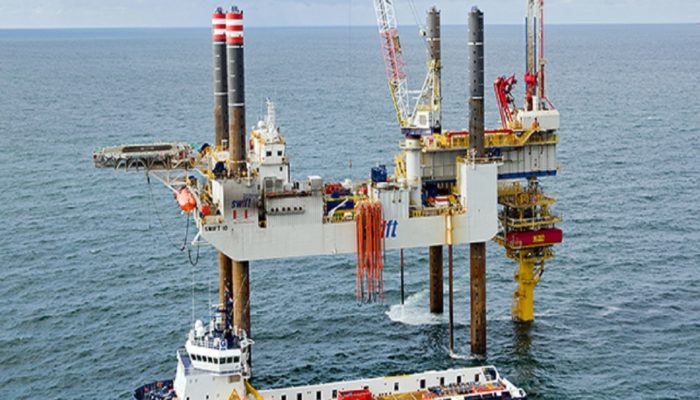BW Energy achieved gross production of 1.42 million barrels of oil in Q3 2020. Reinvigorated by the rise in the price of a barrel of oil, the company also achieved earnings before interest, taxes, depreciation and amortization (EBITDA) of $ 22.2 million over this period, compared to $ 21.8 million in the second quarter.
Despite the difficulties associated with the Covid-19 pandemic, BW Energy is staying afloat. The oil company produced approximately 15,500 barrels per day (crude) of oil for the BW Adolo FPSO. Total gross production in the third quarter was 1.42 million barrels of oil. BW Energy sold 548,441 net oil barrels in the quarter, up from 532,357 net barrels in the second quarter of 2020.

Reinvigorated by the rise in the price of a barrel, the company achieved an increase in Earnings before interest, taxes, depreciation and amortization (EBITDA) in the third quarter of 2020. This amounted to $ 22.2 million compared to $ 21.8 million. dollars in the 2nd quarter.
“We are ready to resume value-added development activities on the Dussafu license, with the connection of wells for phase 2 of Tortue in mind, and to relaunch the Hibiscus / Beehive project using a converted drilling rig in order to reduce investment, the time required for the first oil extraction and the ecological footprint, ”said the CEO of BW Energy.
“We are continuing to manage the pandemic to maintain stable operations while preparing for the Covid-19 restrictions to be lifted to a level where we can effectively execute our plans,” Carl K. Arnet told streetinsider.com. Total Dussafu production for 2020 is expected to be around 14,250 barrels per day (crude) based on four production wells, compared to an average of 11,800 barrels per day in 2019.
Separately, BW Energy explained that the decrease from the previous projection of 15,000 to 16,000 barrels per day (gross) is due to a maintenance program and the shutdown of the FPSO in October. This shutdown allows the company to comply with Gabon’s production quotas in order to meet the quotas of the Organization of Petroleum Producing Countries (OPEC).




